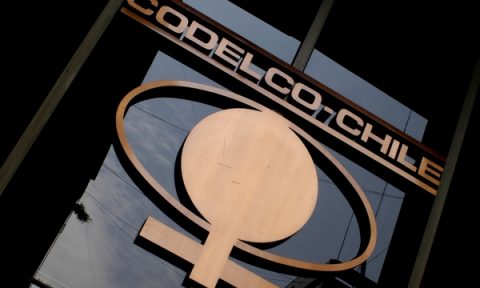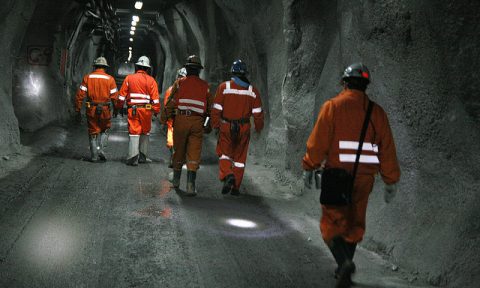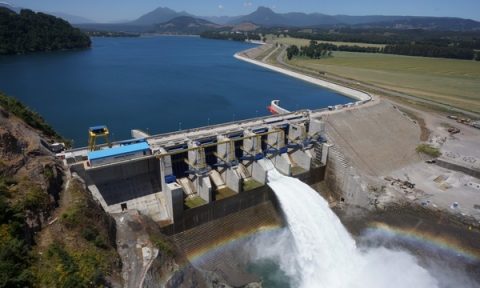Government to unify criteria on convention on indigenous population matters to be applied on mining projects
24-Jul-2012 La Tercera – News
– Mining, Environment, and Social Development Departments in collaborative efforts to develop a common language to apply the ILO Convention 169
– Mining Department acknowledges the gap and states the Ministry is trying to set some order to reduce arbitrariness
Investments for about US$10 billion are on a stand-by condition in mining sector as a result of the debate and questioning some projects have arisen with respect to ILO Convention 169 application. This convention defines an obligation to consult indigenous communities whenever they are subject to become affected by an investment project.
The situation causes some concern in Mining Ministry. In order to avoid new standstills, the Mining Department is making coordinated efforts with other Ministries and private companies involved in the mining sector to set a common language when dealing with the indigenous convention during projects environmental approval processes.
“There is a gap and real-life practices will be helpful to define the way to execute and unify criteria to be applied to the Convention 169. A problem would exist if convention was applied for ideological or political issues rather than technical matters or else in a way not commonly agreed by the parties. Our interest is finally having projects coming into the light.”, Pablo Wagner, Mining Subsecretary, stated.
He added that a more coordinated collaboration has been accomplished this year by Environment, Social Development (Conadi), and Mining Ministries, consequently, any conflicts that may be arising because of the consultation to indigenous communities “are not catching us by surprise or unready”.
Wagner recognizes a problem exists with respect to the ILO Convention 169 construal and although this has been under analysis since 2010 discussion is becoming even more intense this year. Particularly because at the end of May the Sustainability Committee of Ministers gathering Agriculture, Health, Economy, Energy, Public Works, Housing, Transportation, Mining, and Social Development Ministries and headed by Environment Ministry María Ignacia Benítez, approved the new regulation for the environmental impact evaluation system.
This document additionally contains methodological guidelines and practical applications, analysis and convention development for the several consultations. “This is a positive first step because it allows to address and coordinate the different actions associated to the ILO Convention 169”, he said.
Objective discussion
He added the problem is basically on “the interpretation of how many consultations should have been included and who should have been consulted. Specifically in that point there is an interpretation of the application of this convention and the competences of the judiciary and the executive”, he explained.
A key role to place some order in this debate will be played by environmental courts.
Wagner explained that this resort that belongs to the Environment Ministry will certainly take discussion to a more objective standing. “Environment courts will be a specialized courthouse and any Room at Supreme Court will consider what Environment Courts state. I am hopeful this will help the debate to be in a more specialized and technical stage and the guidelines are finally set as to how law is to be construed”, he said.
At the same time Mining Ministry is also working with some companies in seminars and practical workshops with communities and private participants. “Thus, in a joint effort we may analyze the way to apply the ILO Convention 169”; he said. He pointed out they are aimed at putting some order in the debate. “So that arbitrariness and speculation are left off when dealing with the way to resolve the application of this convention”, he added.












